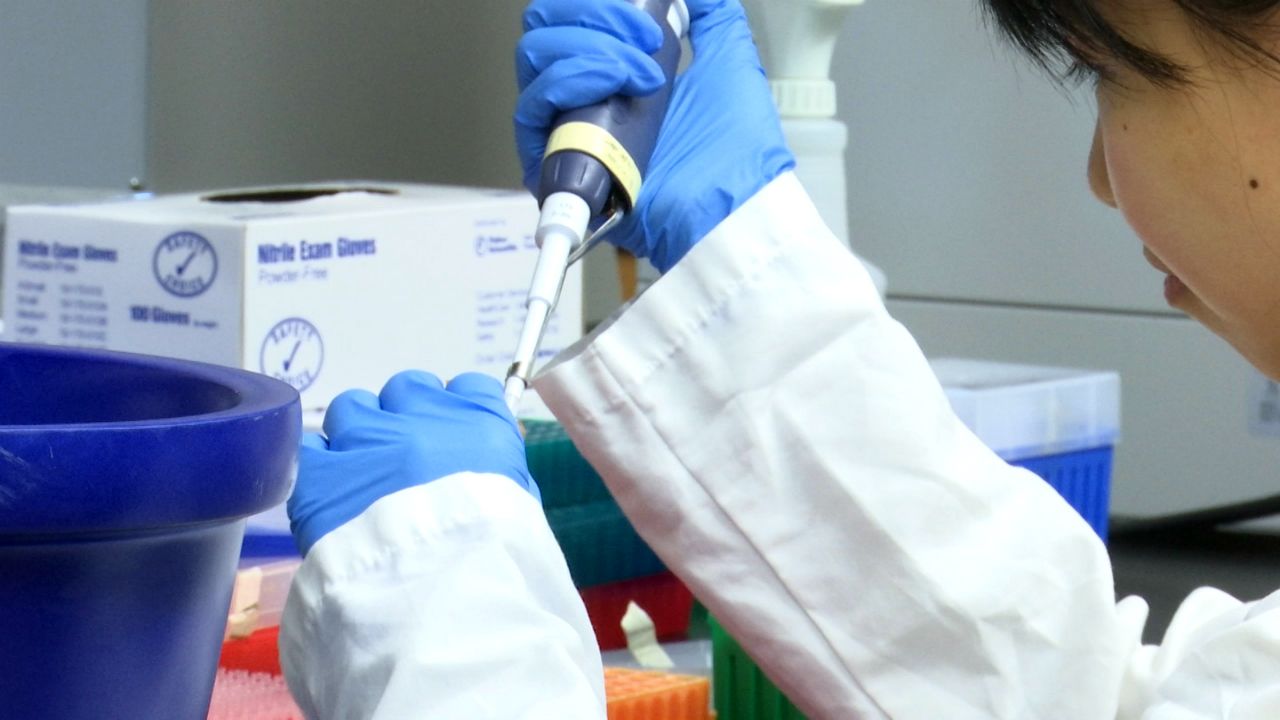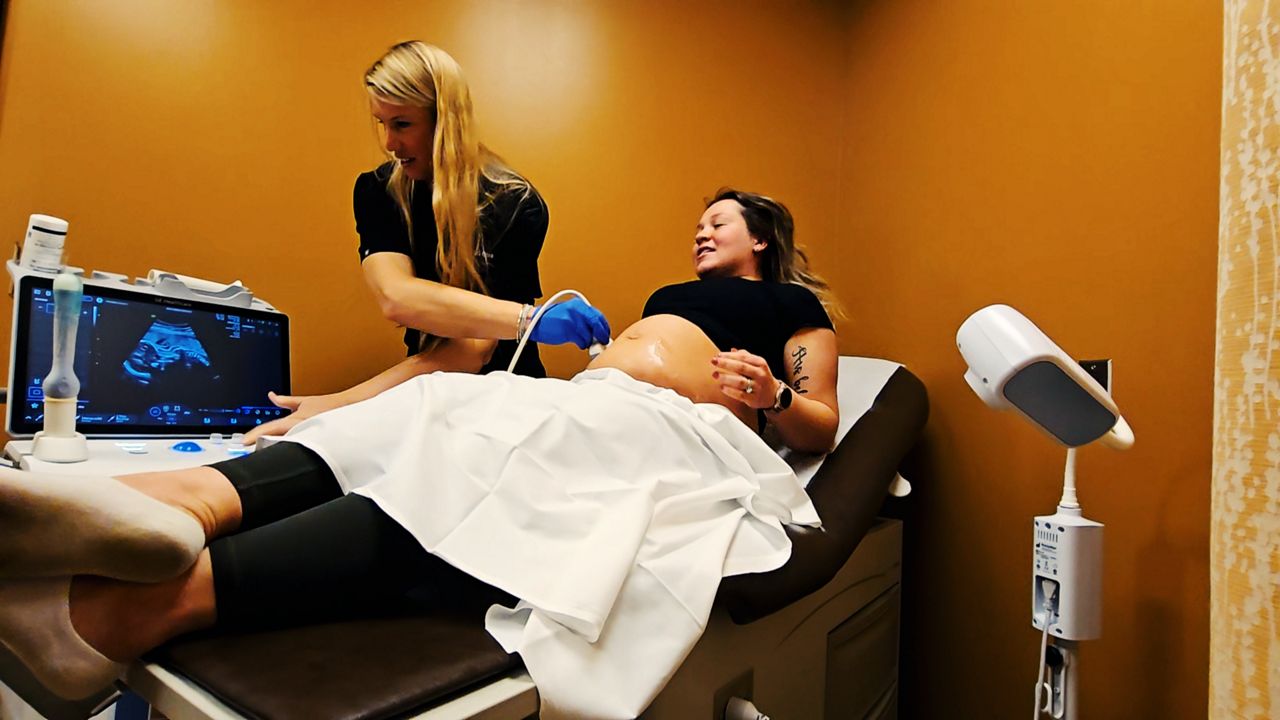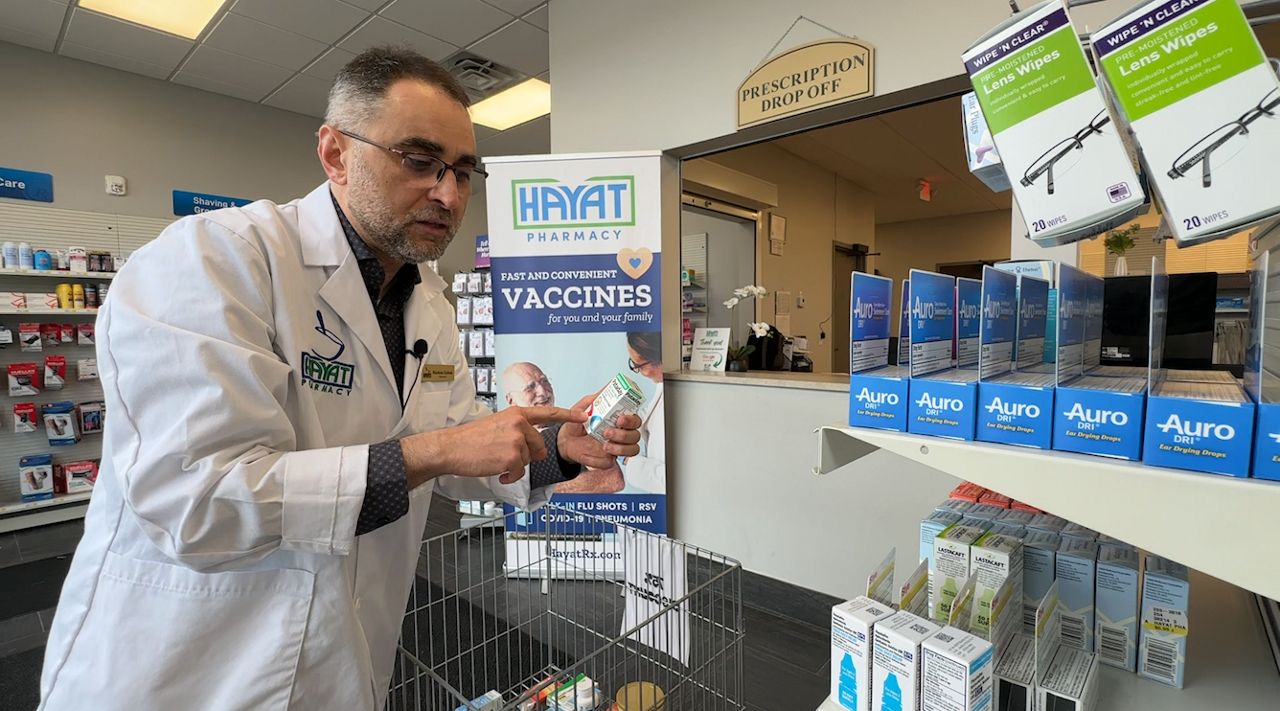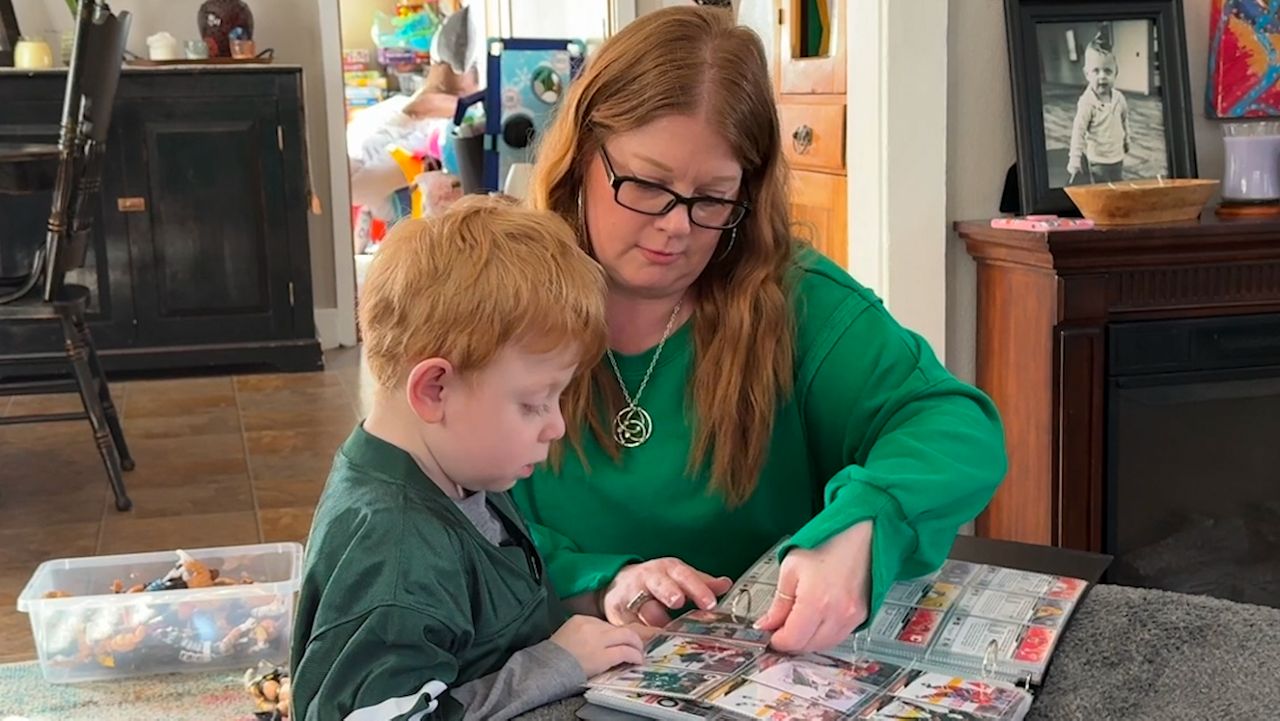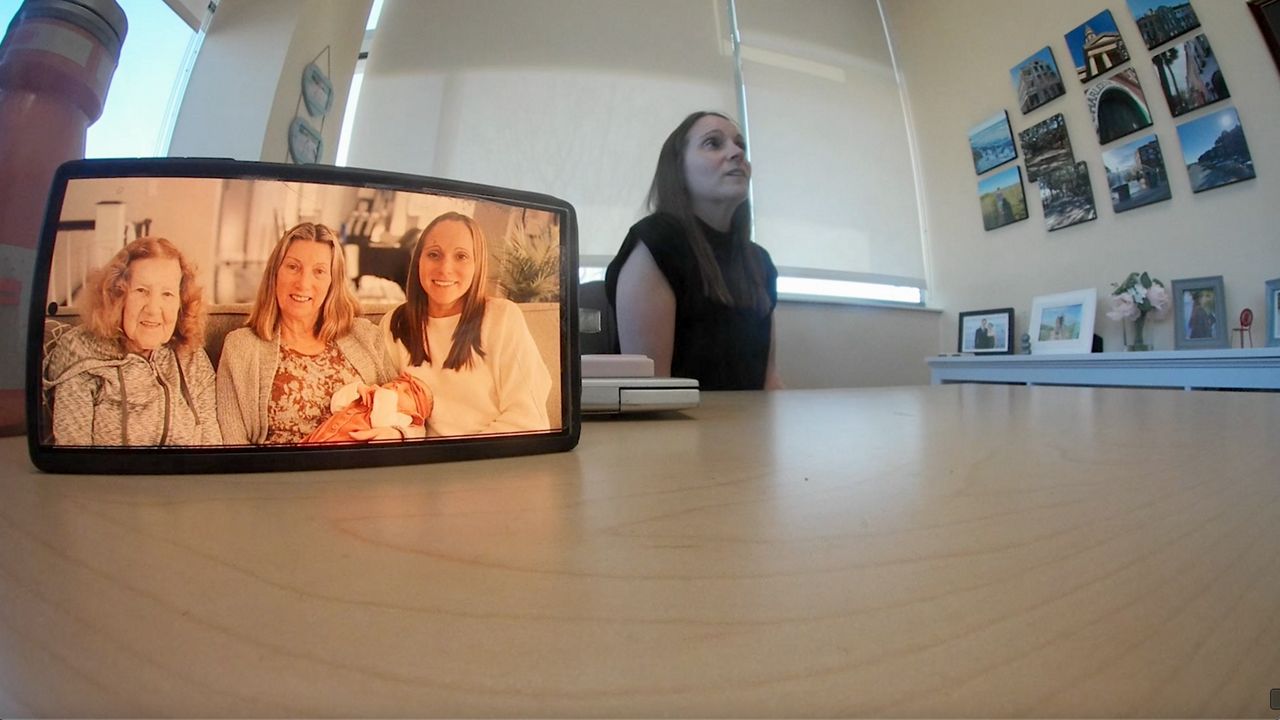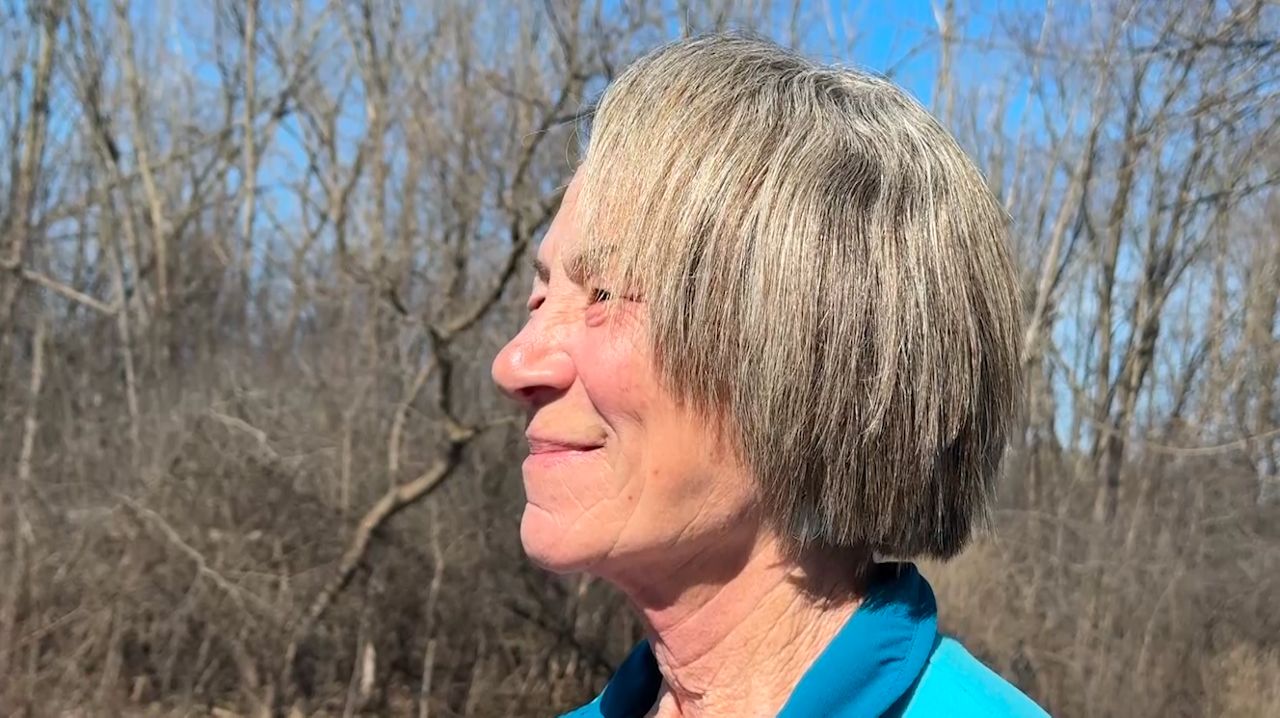MADISON, Wis. — At the University of Wisconsin–Madison’s Carbone Cancer Center, dedicated researchers are expressing deep concerns over proposed federal funding cuts that they say could significantly impede advancements in breast cancer research.
Dr. Kari Wisinski, professor of hematology and oncology and division chief at the University of Wisconsin School of Medicine and Public Health, said federal support plays a critical role in developing innovative treatments.
“I think that the concern about not having that type of funding to support that research made me worry about the patients that I take of care, but also those in my generation or the younger generation that will be impacted by this diagnosis in the future,” said Wisinski.
Dr. Malinda West, who is a medical oncologist and assistant professor of oncology at UW–Madison, said there’s been a concerning rise in breast cancer cases. She said that this increase cannot be solely attributed to enhanced screening methods, suggesting other contributing factors.
“This (research) is how you improve treatments, improve outcomes and survival, make therapies better in general, so this is something that all of us here are very passionate about,” said West.
The Carbone Cancer Center currently offers approximately 250 clinical trials for cancer patients, providing access to cutting-edge treatments and hope for improved outcomes. Wisinski said these trials are heavily dependent on federal funding, and any cuts could lead to significant setbacks in ongoing research and patient care.
“When we think about the impact of federal funding, which really is what supports the majority of research in our country, I think that the impact of loss of those funds could be substantial,” she said.




